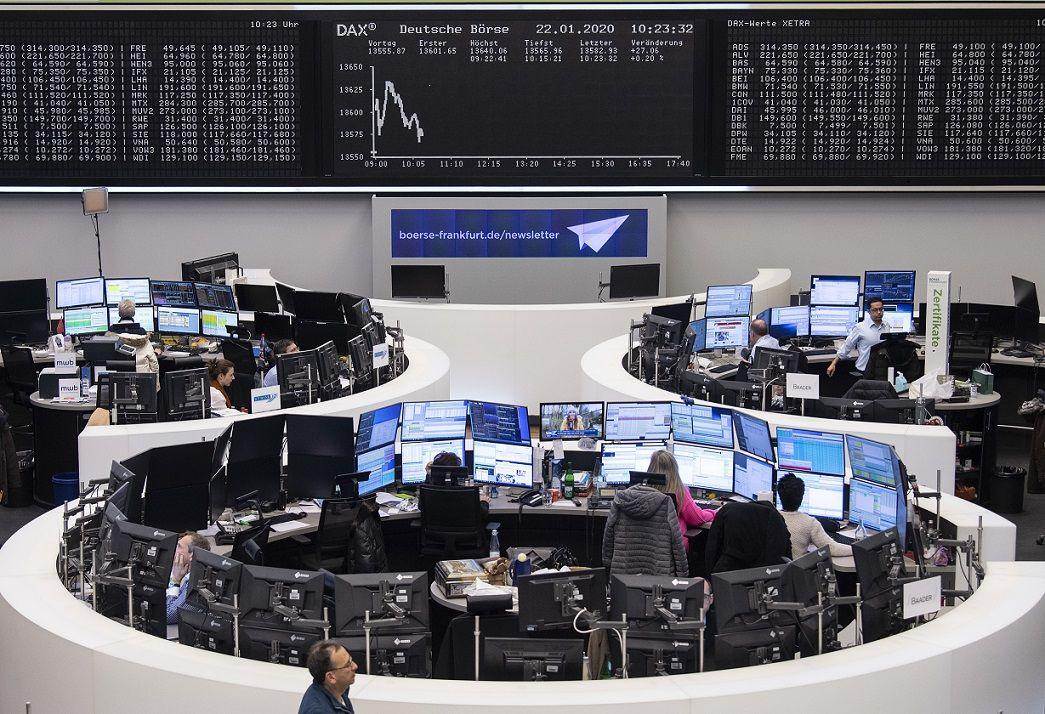HONG KONG, March 10 (Xinhua) -- Hong Kong stocks rebounded on Tuesday morning after an oil price plunge rattled world markets on the previous trading day, with financial authorities vowing to defend financial stability.
Hang Seng Index opened 0.98 percent higher at 25,285.68 points on Tuesday, stopping an over-4-percent slump on Monday, when embattled blue chips, in particular oil heavyweights, plunged the index to its nadir since August last year. The rally then narrowed shortly afterwards and once returned to the negative territory.
The benchmark index bounced back again during the second half of the morning session, gaining 1.81 percent to 25,494.68 points by midday.
Monday's sluggish performance came amid panic selling on major global stock markets from London to New York as diving oil prices became the last straw on investors already being overwhelmed by spreading novel coronavirus.
Saudi Arabia announced massive discounts to its official selling prices for April over the weekend, and is reportedly ready to raise its production above the 10 million barrels per day level. The move came after the Organization of the Petroleum Exporting Countries failed to strike a deal with its allies, led by Russia, about oil production cuts last week.
Nosediving oil prices triggered fears of a worldwide price war and a following shock wave on the global economy.
Financial watchdogs including the Hong Kong Monetary Authority and the Securities and Futures Commission will make joint efforts to closely monitor market changes and will, if necessary, roll out reinforcement measures, Paul Chan, financial secretary of the Hong Kong Special Administrative Region government, said Tuesday morning at a press conference, adding that there are no signs of abnormal deals or market manipulation.
Hong Kong's stock and derivatives markets still performed normally and the banking sector also remained stable, Chan said.
Hong Kong is capable of handling the changing economic cycle and the monetary authority will ensure market stability according to its linked exchange rate system, Chan said.




 A single purchase
A single purchase









